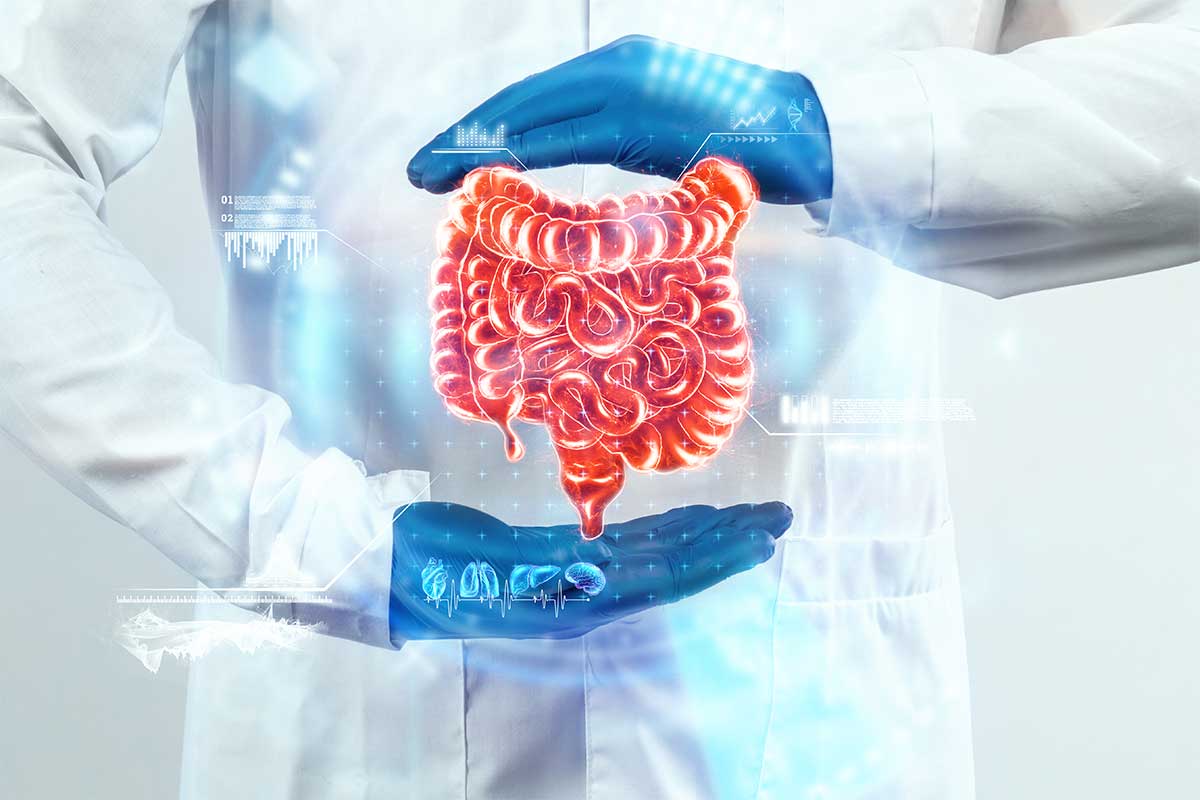
08
Mar
Gastrointestinal Diseases: Causes, Symptoms, and Treatments

One of the main reasons for visits to the doctor are gastrointestinal diseases. Some of the diagnoses that are most frequently presented in the form of diarrhea and malabsorption are usually hemorrhages and gastrointestinal obstruction, as well as parasitic diseases, increased expression of fat, ulcerative colitis, bacterial diseases, and obstructive jaundice, among others.
You may be interested in: What are the side effects of constipation
Diagnostic tests
That is why physical, chemical, and microscopic tests are sometimes carried out on the patient to determine intestinal function and any gastrointestinal disorders related to the pathologies mentioned above, which is also known as coprological analysis.
Also, stool tests allow for the evaluation of the gastric capacity of the intestine and are very helpful in detecting digestive processes that manifest properly with diarrhea or malabsorption.
Stool examination is part of the routine studies carried out on the patient to determine their general state of health or, in very particular cases, when there is suspicion of a gastrointestinal pathology.
Our Locations
These tests consist of a physical examination, which is performed through observation, seeking physical changes that may indicate some alteration in digestive health.
One of the usual physical characteristics to evaluate is odor, which generally refers to the results of bacterial infection. However, it should be noted that this factor varies depending on the patient according to their present microorganisms and individual diet.
Most Common Gastrointestinal Diseases
First of all, the symptoms that a gastrointestinal pathology may present should be taken into account. Strong headaches may be part of it, as gastroenteritis, dysentery, amebiasis, constipation, and cholera are direct causes of migraine. It is important to note that the stomach is also controlled by the brain, so when something is wrong, pain is a warning signal.
On the other hand, there is an increase in temperature. This is because fever is an important part of the body’s defenses against some type of infection. Most bacteria and viruses that cause this effect thrive better at a certain temperature, which is why the body increases it, sending signals that something is wrong.
You may be interested in: What conditions does a gastroenterologist treat
Also, abdominal discomfort is a very common symptom of the presence of some type of infection. This is presented as acute pain in the stomach or adjacent areas, where the colon and intestines are located. In case of being unbearable, it is advisable to visit the doctor immediately.
Lastly, nausea and dizziness could be mentioned, as vomiting is a way in which the body evacuates what harms it, just like diarrhea. Therefore, it should not be avoided, as doing so would prevent the body from getting rid of the cause of discomfort. However, once the person has vomited, it is recommended to take a rehydration solution to recover the body.
Now, we have the most common gastrointestinal diseases below, as they are not the only ones but those that can occur most frequently:
Heartburn: It is a burning pain in the chest, just behind the breastbone. The pain usually worsens after eating, at night, or when one is lying down or inclined.
Gastroesophageal Reflux: It occurs when a muscle at the end of the esophagus does not close properly. This allows the stomach contents to return, or reflux, into the esophagus and irritate it.
Inflammatory Bowel Disease (IBD): It is a term that describes various disorders that involve inflammation of the tissues of the digestive tract for a prolonged period. It should be clarified that in some cases, inflammatory bowel disease only causes mild illness. But in others, it is a debilitating condition that can trigger life-threatening complications.
Celiac Disease and Irritable Bowel Syndrome (IBS): it can cause abdominal pain (77%), bloating (73%), diarrhea (52%), constipation (7%), or an alternating pattern (diarrhea/constipation) in bowel movements (24%), all of which are symptoms considered in the diagnosis of IBS.
In conclusion, gastrointestinal diseases are a common cause of doctor visits and can be caused by a variety of conditions such as parasitic, bacterial, and obstructive diseases. Common symptoms include headaches, increased body temperature, abdominal pain, nausea, and dizziness. The most common gastrointestinal diseases include acid reflux, gastroesophageal reflux disease (GERD), inflammatory bowel disease, celiac disease, and irritable bowel syndrome.
At Triborough GI, we have a team of highly experienced gastroenterologists to treat each case of our patients. If you require medical attention, do not hesitate to schedule an appointment with us through the link below, where you can find our locations in New York.

